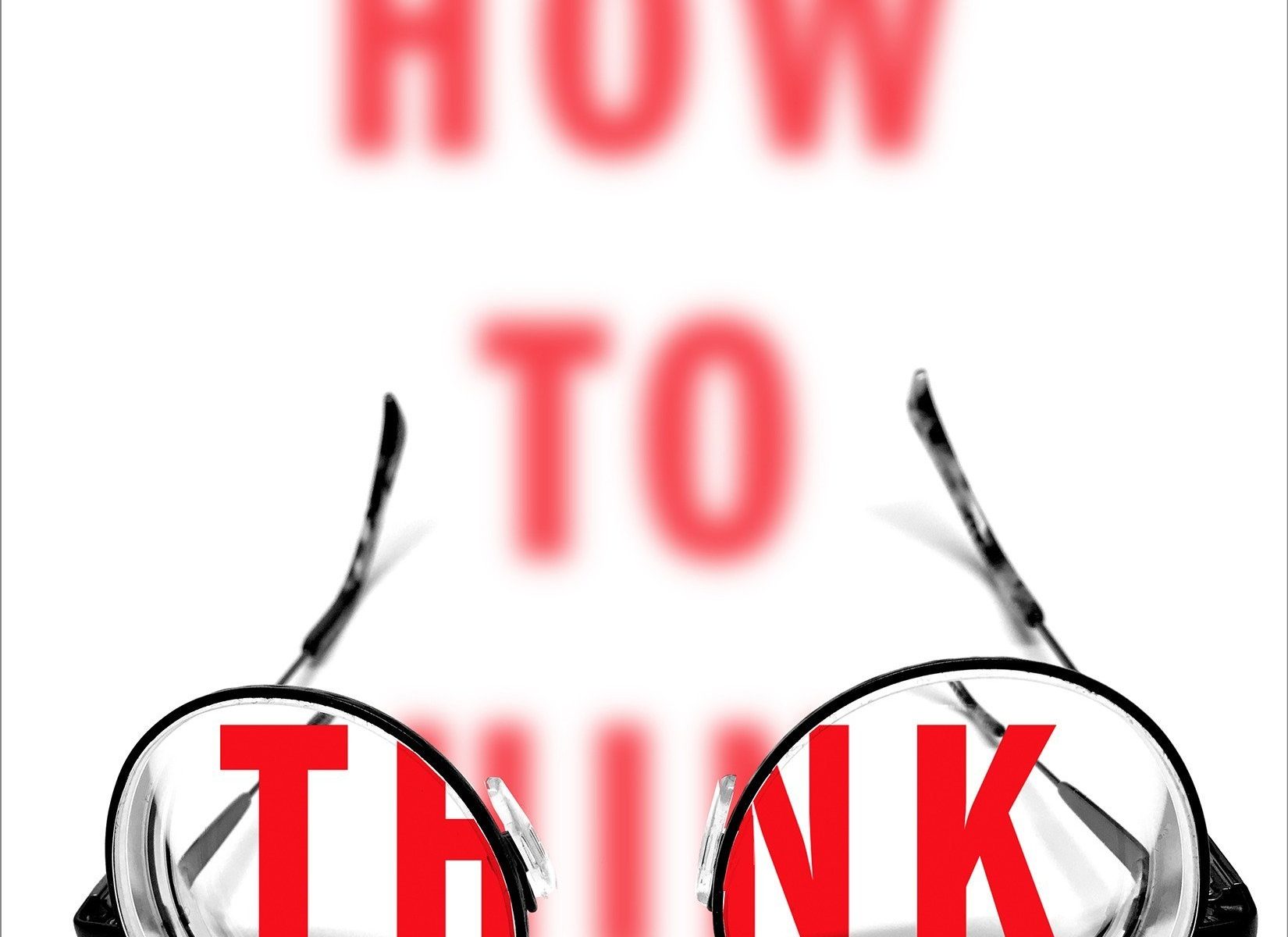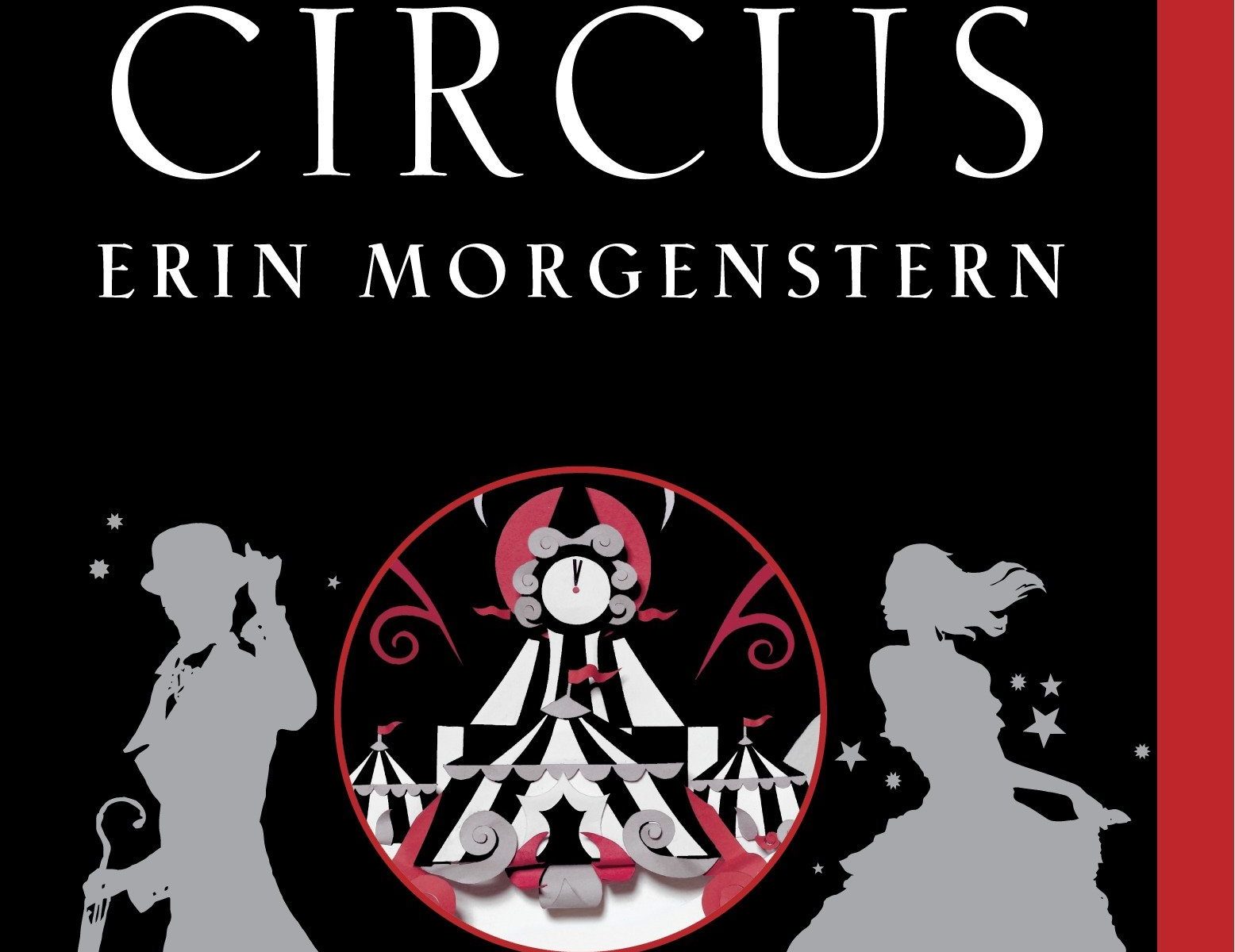In this continuing series, I provide concrete dos and don’ts for a variety of writing and reading practices.
Do THIS Not THAT: Theme
Ten Commandments for Writers
- Love words…
- …but love people more.
- Use words wisely.
- Write every day.
- Find models.
- Encourage more than you criticize.
- Be consistent (but if you’ve changed your mind, say so).
- Give credit.
- Engage with others respectfully.
- Find your voice.
Keynote Address: Imagining Conversion
The Purpose of Life: Romans 11:36
For from him and through him and to him are all things. To him be glory forever. Amen.
Romans 11:36
My semester’s theme thus far has been process over product, and this week’s verse underscores it. I can easily declare that all thing have their proper end in glorifying God. It is another to navigate the process that leads to that end result.
This passage in Romans connects the entire process — the beginning the middle and the end — to Christ. Everything starts with his word. Everything holds together through his word. Everything was made to glorify him.
I don’t find it difficult to acknowledge God is creator, and I confess with my mouth the Westminster Confession’s claim that the end of man is to glorify God and enjoy him forever. This is very different, however, from enjoying him right now in the middle of a work week or in the middle of a difficult class or in the middle of a grading session. It is easy to say, “Love God with everything you have and love your neighbor,” but what does that mean in the gritty details of your life?
This week, I am focusing on the process as a means to help my students improve as readers and writers. If I want my students to develop their reading and writing skills, I must be willing to give them ways of approaching their tasks. What I am praying for is a greater awareness of how God informs that process. Yes, He made all things, and yes, all things were made to glorify Him, but how does that translate into my concrete teaching and something as simple as free-writing or summarizing what I just read?
One thing I am recognizing is that there are far too many parts of the process of learning and teaching that I think I can do on my own. This simply isn’t true. I pray that God gives me the humility to ask for his guidance in every part of my educational and pedagogical process.
A Key Moment in the History of Data Visualization
Johnson, Steven. The Ghost Map: The Story of London’s Most Terrifying Epidemic—And How It Changed Science, Cities, and the Modern World, 2006.
A popular science writer and former distinguished writer in residence in NYU’s school of journalism, Steven Johnson has produced a page-turner that tells the tale of London’s 1854 cholera outbreak. Johnson’s book has four protagonists: the city of London, the bacterium that caused the outbreak, and two men—the doctor John Snow and clergyman Henry Whitehead. In Johnson’s hands, this story encapsulates science’s victory over superstition and marks the point at which it became realistic to believe urban centers like London could survive and thrive, not just in spite of, but perhaps because of their size. If you can manage to get past Johnson’s occasional religious biases, you’ll get something out of the book.
Continue reading “A Key Moment in the History of Data Visualization”Why I Believe in God Part 2: Rhetorical Analysis
Last week I began analyzing the Cornelius Van Til tract “Why I Believe in God.” Each Tuesday, I will continue that series until I complete it.
In the second section of his presentation “Why I Believe in God,” Van Til addresses the cultural assumption that our birth is an accident. He addresses the listener’s upbringing in Washington DC, a city that represents freedom, opportunity, and power. In contrast, Van Til’s own upbringing was humble. He was born on a farm in Holland claims to have worn wooden shoes. His point is that neither of them was really born in an extremely foreign place but in nations that have a religious past that is distinctly Christian. Van Til concludes that their discussion about God should thus concern the Christian God. Van Til admits that he and his listener differ in their belief, but he wants to make clear that he’s not arguing for the existence of a generic deity. The God he’s talking about is the Christian God. Next, Van Til addresses how he will make his argument. He admits he cannot produce God to walk alongside them as though God were just another human being. This is fine on Van Til’s part since the invisibility and omnipresence of God are not things that would allow such proof. Van Til is going to show: it’s reasonable to believe in God. Van Til registers the listener’s response. Van Til understands this will require a serious conversation because the consequences of the listener changing his mind about God would include the way the listener thinks about himself. In fact, Van Til gives the listener a chance to leave but appeals to the listener’s intelligence: why not hear the other side?
Van Til’s argument continues to be effective, chiefly in using his own story to limit the parameters of the case he’s making to the unbeliever. He will argue for the Christian God, not any God, and he believes he case he’s presenting is reasonable in accordance with who the Christian God is. Any proof of the Christian God’s existence is not subject to the reasonableness of the listener, but to the qualities God has revealed about himself in his word. The point is sealed by the fact that Van Til gets the listener to agree to listen based on the listener’s own reasonableness. That is, Van Til has not allowed the listener to determine what a reasonable demonstration of God’s existence is, but he has gotten the opportunity to share about the Christian God by appealing to the listener’s general reasonableness as demonstrated by the willingness to listen to someone you disagree with.
Also effective is the key figure of speech Van Til uses which shows that he understands the emotional stakes of this discussion. He says the listener looks “like a man about to undergo a major operation.” The comparison is apt. As a believer in God, Van Til feels something is wrong with the listener who does not believe in God, and Van Til wants that dire condition in the listener to be fixed. But surgery is serious. It requires preparation and serious recovery time. It’s not like reading the newspaper. This gives Van Til the opportunity to expound on a truth about believing in God: it has consequences. It changes the way you see yourself, and Van Til knows that this might hurt, just as surgery might leave you sore. Van Til also knows that without the surgery, the patient will likely die, so after gaining the listener’s consent, he continues his case.
Verse of the Week: II Timothy 3:7
“…always learning and never able to arrive at a knowledge of the truth.”
II Timothy 3:7
In his list of the evil attributes of people in the last days, Paul includes this stinging indictment. It’s a poignant one for anyone involved in education.
Two things strike me.
First, it’s possible to learn and not have truth as that learning’s object. The learning is real. It just doesn’t go where it should.
Second, the destination does matter. It’s not just about the journey or process of learning. If I keep gathering knowledge but don’t care about how what I’ve learned connects to the truth, my learning is a distraction.
As the semester nears, I want my students to learn but I am desperate for them to know the truth of God’s love, grace, mercy, and justice. I pray that my own educational ventures will be focused on truth and that in living this out, I will be better able to teach my students to do this as well.
How Do You Think Well?
Jacobs, Alan. How to Think: A Survival Guide for a World at Odds, 2017.
Alan Jacobs, an English professor in the Baylor University Honors Program, provides hope for those who wish to think more soundly in these contentious times through this short, lively manual on the way we make decisions. Jacobs engages with the experts on the topic (chiefly Daniel Kahneman and Jonathan Haidt), pulls specific examples out of the recent past to illustrate his points, and even provides a compelling checklist for thinking well. As Jacobs contends, part of good thinking is merely diagnostic: knowing that you have a thinking conundrum. If you can internalize a few more of Jacobs’s recommended best practices, you’ll be glad you read the book.
Continue reading “How Do You Think Well?”The Novel Is A Circus
A novelist is a circus impresario, someone who puts on a grand performance for the reader. The chapters are tents, the characters the circus performers and the narrator a kind of ringmaster. How can you measure one circus against another? For that matter, how can you measure one circus performer against another? What matters is that the audience keeps wanting more, keeps wanting to come back because they sense, albeit dimly, that what they’re witnessing is truly fantastic, something spiritual not just material.
Erin Morgenstern pursues this metaphor throughout her novel The Night Circus. Why night? Probably because the circus is a waking dream, and fiction, Morgenstern’s analogue for the circus, is the mirror image of the daytime and “real life.” In 1870s Victorian England, two magicians challenge one another to a contest via their students. They’ve done this before. The man in gray, Alexander, seems to have won the past few. But now his opponent, who goes by the name Prospero, has his daughter as a student. Alexander claims Marcos from an orphanage as his pupil. Prospero and Alexander set to work training their respective students, and the novel recounts the outcome of their battle.
Continue reading “The Novel Is A Circus”

